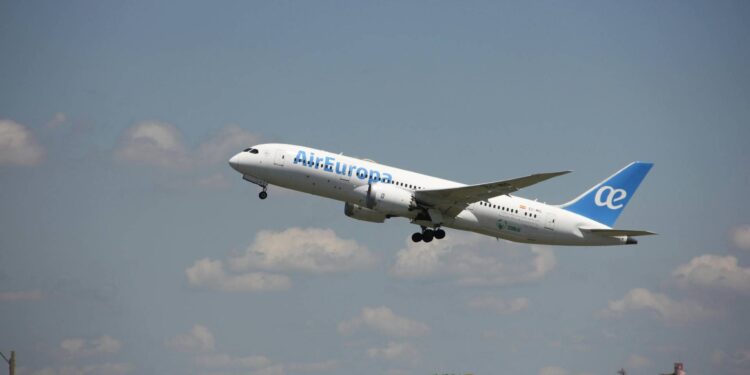A group of 33,000 workers belonging to the International Association of Machinists and Aerospace Workers recently turned down Boeing’s second proposal, largely because it did not include a conventional pension plan. Boeing is unwavering on this aspect.
✊ WORKING PEOPLE WIN! ✊
This represents a significant achievement. We stand tall.
Well done, @IAM751 and W24! https://t.co/YnAAmXxvNQ
— Machinists Union (@MachinistsUnion) November 5, 2024
The corporation contends that reinstating a defined-benefit pension scheme is impractical due to its exorbitant expenses. “There is no possibility of the company reinstating a defined-benefit pension for this group or any others,” Boeing remarked, citing unmanageable costs as the rationale.
The ongoing strike is already affecting suppliers and the integrity of future supply chains. For the benefit of our communities, constituents, and the American aerospace sector, I hope that all involved reach a resolution and bring an end to this strike promptly. https://t.co/il125gD4b4
— Governor Kevin Stitt (@GovStitt) November 4, 2024
Analysts from Bank of America predict that reinstating the pension could result in costs exceeding $1.6 billion annually for Boeing. Back in the 1980s, roughly 40% of private-sector employees in the United States had access to a pension plan, a figure that has now fallen to around 10%.
Here’s a brief summary of what transpired tonight at @IAM751 HQ, as the union’s members voted to ratify a new four-year agreement with Boeing, concluding a 53-day strike. https://t.co/ZGeVj221Tw (via @theaircurrent)
— Jon Ostrower (@jonostrower) November 5, 2024
Jake Rosenfeld, chair of the sociology department at Washington University-St. Louis, observes this trend.
Machinists endorse new Boeing contract
“In my lifetime, I doubt we will witness pensions becoming as widespread as they once were,” remarked John Lowell, a partner at the consulting firm October Three. However, he acknowledged a transformation in the pension landscape, noting that some employers are beginning to offer cash balance plans which differ from traditional defined benefit arrangements.
For instance, IBM recently declared it would revive its inactive pension plan. They are converting it to a cash balance structure that includes automatic contributions from the employer. In a traditional defined benefit plan, employees receive fixed monthly payments based on their income and tenure, without having to contribute. Conversely, cash balance plans use pooled trusts, where employers allocate a portion of an employee’s salary. While employees do not contribute, their eventual payout is dictated by a guaranteed rate of return or the performance of investment options like government bonds or mutual funds.
This ongoing discourse underscores the hurdles Boeing must navigate as it seeks to balance financial viability with employee expectations, all while attempting to return to regular production activities.


